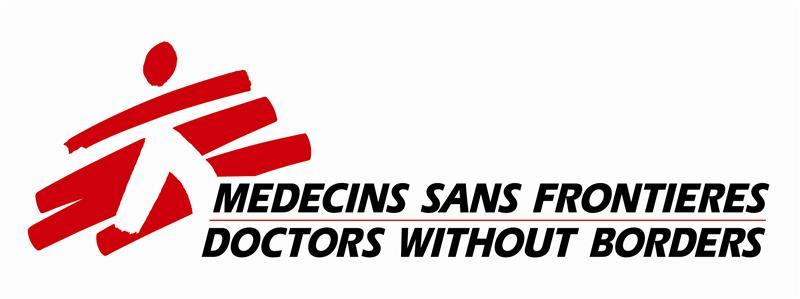Inadequate Water and Sanitation Services in northern east Lebanon is Heightening the Risk of Waterborne Diseases and Skin Infections
Beirut, Thursday 30th of March 2023 – Médecins Sans Frontières (MSF) is gravely concerned about the health risks posed by the lack of access to clean water and dire sanitation conditions in Hermel, Masharieh Al Qaa, and Arsal in northeastern Lebanon. The aging water and sanitation infrastructure which has been further weakened by the ongoing economic crisis, combined with the insufficient aid in that aspect puts people at a heightened risk of water-borne diseases and skin infections, in these areas.
"In the past month, our teams have treated 138 households for skin infections in Arsal and Hermel” says Dr. Marcelo Fernandez, MSF head of mission in Lebanon. “Since the beginning of March, our teams have also recorded 172 cases of acute watery diarrhea, with a 21% increase of cases observed in the past week. Both health conditions are normally linked to exposure to poor water quality and dire sanitation conditions” says Dr. Fernandez.
The surfacing of skin infections and acute diarrhea among other gastrointestinal diseases is appearing just months following the declaration of a cholera outbreak in Lebanon. Such conditions appear and transmit when people consume or come into contact with contaminated water.
“Urgent actions must be taken to secure the access of people to clean, safe water and adequate sanitation services to protect the health and well-being of the people and avoid further health consequences” alerts Dr. Fernandez.
The ongoing economic and political crisis in Lebanon has further weakened the old water and sewage infrastructure, which has not been adequately maintained or updated over the years. Underserved areas like Hermel and Arsal have been particularly affected by this. With shortages of humanitarian funding, fuel, and supplies such as chlorine and spare parts, the water sector is unable to function properly due to the increasing maintenance costs resulting in inadequate water supply. On the other hand, lack proper sewage system is leading to open sewage and waste disposal practice resulting in contamination of water. In many areas, the problem is exacerbated by the lack of centralized water treatment facilities.
In parallel, impacted by the financial crisis people are unable to afford private water supply. According to UNICEF1, for many vulnerable households, cost of private water is simply too high, as it represents 263% of the monthly average income. As a result, people relying on local wells and individual water sources that can be unreliable and unsafe.
An assessment done by MSF teams in the north (Wadi Khaled) and northeast (Arsal, Masharieh Al Qaa & Hermel) of the country, in early October 2022, showed that water sources – whether water trucking, wells, or water networks lack chlorine residual indicating a concern over the quality of water reaching the people. “Usually, a sufficient amount of chlorine should be added to the water to inactivate the microorganisms that could cause disease. The added chlorine must be sufficient to also prevent recontamination during the piping and storage processes” explains Dr. Fernandez. “It is an essential element to maintain the quality of water through the distribution network” he adds.
The provision of safe water and sanitation facilities should be a top priority for international humanitarian actors. “Otherwise, the situation could quickly turn into a medical emergency ” says Dr. Fernandez. “MSF is providing medical treatment, and distributing hygeine kits to the affected communities to address the health needs posed by the situation. However, longer-term sustainable solutions are needed to ensure that communities are not at constant exposure to preventable diseases and infections” he concludes.
Hannah Hoexter
